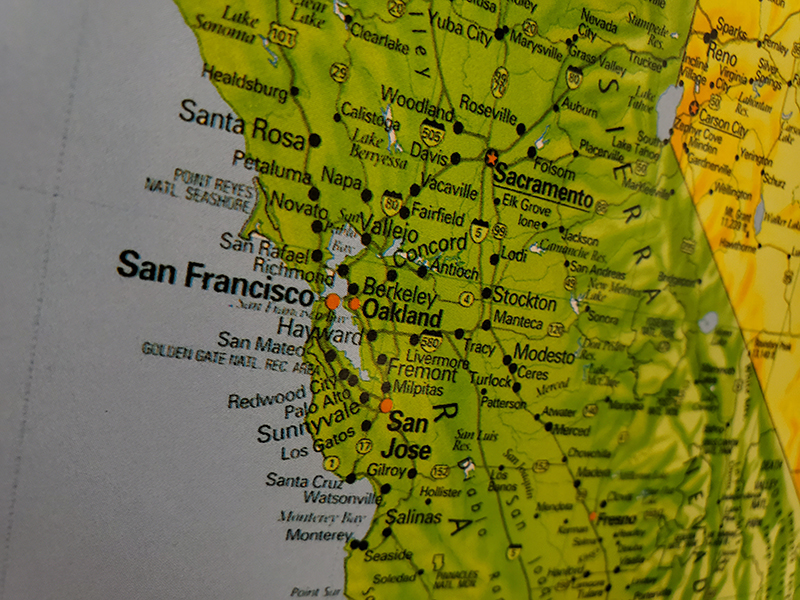
Media is reporting that Immigration and Customs Enforcement (ICE) took an alien criminal into custody at San Francisco's state courthouse. The Washington Times characterized it as "ICE defies sanctuary law to arrest illegal immigrant at San Francisco courthouse".
I like the Times, but that headline is topsy-turvy. It is state law that is defiant, because it flies in the face of federal supremacy over immigration matters. California, and no small number of its political subdivisions, seem to believe that they can work their will by creating their own mini-immigration policies, and in the process, obstruct, impede, and ultimately frustrate federal laws and prerogatives within the borders of the state. They do it under the deliberately misleading word "sanctuary".
Federal supremacy over immigration isn't a theoretical kind of thing. It's stated forthrightly in the Constitution, and for a good reason: It is one of the fundamental powers and necessities of a central government, like conducting foreign relations or coining money. Can you imagine 50 different states each conducting their own separate negotiations with foreign nations over foreign policy? Or the chaos of every state and territory minting its own currency? Were that the case, there would be no "United" in United States of America.
Only Congress may establish the laws governing any aspect of immigration, and Congress has spoken on the issue. The relevant portion of Section 287 of the Immigration and Nationality Act (INA) says:
(a) Powers without warrant
Any officer or employee of the Service authorized under regulations prescribed by the Attorney General shall have power without warrant--
(1) to interrogate any alien or person believed to be an alien as to his right to be or to remain in the United States;
(2) to arrest any alien who in his presence or view is entering or attempting to enter the United States in violation of any law or regulation made in pursuance of law regulating the admission, exclusion, expulsion, or removal of aliens, or to arrest any alien in the United States, if he has reason to believe that the alien so arrested is in the United States in violation of any such law or regulation and is likely to escape before a warrant can be obtained for his arrest.
I don't see anything in that statute about "except in California".
California's state law requires federal immigration agents to be in possession of a "judicial" warrant to make arrests in various places — even when, like a courthouse, they are public spaces. But as the many, many lawyers working for the state of California (including its attorney general Xavier Becerra, a former member of the U.S. Congress) must know, Congress very specifically chose not to provide a path for a judicial warrant in civil immigration cases, providing an administrative path instead in order to avoid the very real possibility of clogging the federal judiciary so severely as to create paralysis. INA Section 236 states very clearly:
(a) Arrest, detention, and release
On a warrant issued by the Attorney General, an alien may be arrested and detained pending a decision on whether the alien is to be removed from the United States. [Emphasis added.]
Needless to say, the U.S. attorney general is not a member of the judiciary. But that doesn't mean his immigration warrants are not binding nationwide. To take any other position is to defy federal law.
Sanctuary? Hardly. When states like California, or New York, or elsewhere, attempt to impose their will and shield alien criminals from ICE agents, at jails, police booking stations, and most especially at courthouses, it's a thumb in the eye of our nation's constitutional structure, and a downward slide toward chaos.
